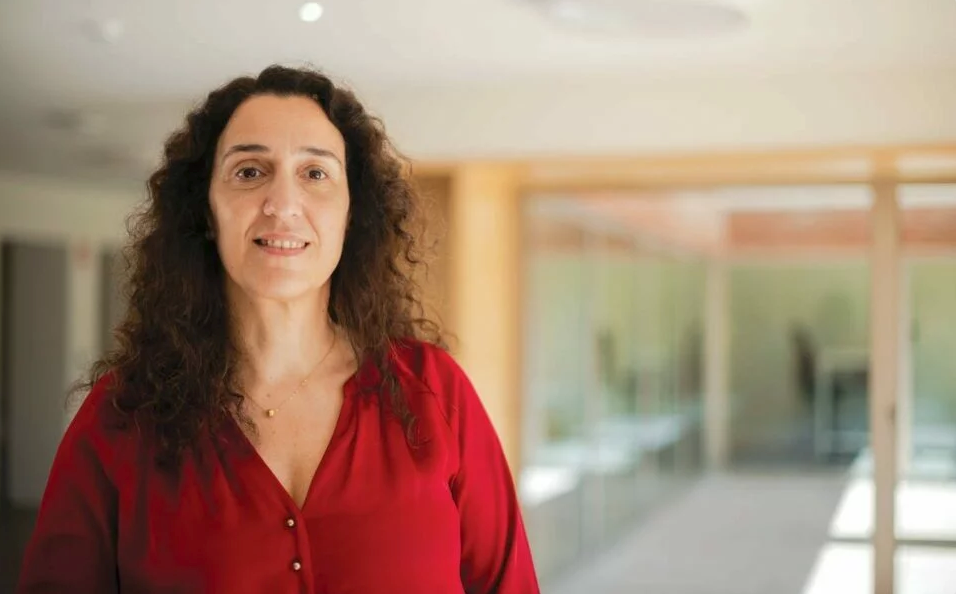News
Iscte Business School will strengthen its curriculum in artificial intelligence, data analysis, ethics, and sustainability. “We aim to train managers who can lead in a world where mastery of technologies, ethical awareness, leadership, and adaptability are as important as technical knowledge,” says Ana Lúcia Martins. The focus on real-world projects and final projects in companies will remain central.

Starting in the 2025–2026 academic year, all undergraduate students at Iscte Business School will have a new course on digital technologies in the first year. This measure is part of a broader reform of the School’s academic offerings to equip students with essential technical skills from the beginning of their studies. Topics will include Artificial Intelligence (AI), programming, data analysis, Excel, and management support software, taught both in this course and in other modules tailored to address the digital transformation of the labor market.
Following the 2019 introduction of a Data Science course in all undergraduate programs across Iscte, this expansion into digital technologies represents a comprehensive update of the Business School's curricula. Iscte Business School will enhance all years of its undergraduate and master's programmes with content on artificial intelligence, data analysis, ethics, and sustainability — key themes of the new economy — taught with a strong practical component and applied to real business cases.
“It is part of Iscte Business School’s mission to prepare managers to lead in a rapidly evolving world, where technological literacy, ethical responsibility, leadership, and adaptability are as critical as technical expertise,” says Ana Lúcia Martins, Vice-Dean for Teaching and Innovation. “We want our students to be well prepared—not just to enter the job market, but to progress in their careers with confidence, critical thinking, and a strong sense of responsibility.”
One of the key priorities of the new model is to enhance proximity in teaching, especially in the first year, by reducing the number of students per class. The goal is to provide more personalized support during the transition from secondary school to higher education. The pedagogical approach will also be renewed to emphasize project-based learning, practical applications, and greater integration between different course units.

Ensuring Global Competitiveness
This curriculum reform at Iscte Business School involved faculty, students, and representatives from the business sector, reflecting a commitment to actively listening to the labor market and adapting accordingly. “We maintain close ties with companies from various sectors and meet with them regularly to understand their expectations and anticipate market trends,” notes Ana Lúcia Martins. “In addition, we closely monitor international trends, since many of our students go on to pursue research or careers abroad, and they need an education that makes them competitive on a global scale.”
Alongside this curricular overhaul, the connection between academia and the business and investment world will be strengthened through seminars, workshops, and extracurricular training on topics such as leadership, communication, and team management. Iscte Business School intends to keep the practical dimension of its education as “a distinctive hallmark” compared to other institutions, maintaining its emphasis on real-world projects throughout courses, final projects developed within companies, and guest industry speakers in classes and seminars.
The growing national and international demand for the School’s programs—such as the Master’s in Management, which launched a fifth class in 2025—“confirms that we are on the right path,” says Vice-Dean Ana Lúcia Martins. “With this transformation, Iscte Business School positions itself as an institution ready to shape the leaders the future demands—professionals with digital skills, vision to navigate a constantly changing world, and solid ethical principles.”

